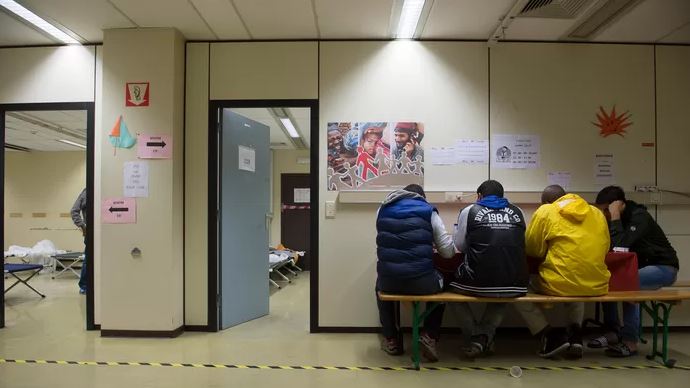Basic education centres will go to the Constitutional Court to challenge the Flemish government's new integration policy. Ligo (an umbrella organisation for basic education) wants to do away with the compulsory language test for newcomers and asks that the integration programme remains free of charge.
Newcomers now have to pass a separate Dutch language test before receiving an integration certificate from the Flemish government. Moreover, the compulsory civic integration course is no longer free but costs €180 to enrol without any chance of exemption or reduction.
Furthermore, Ligo director Joke Drijkoningen told Knack that "newcomers must also pay €180 for the social orientation trajectory and the associated test. That's a total of €360."
Violating fundamental rights
The adjusted policy had already been agreed in 2019 but legal protests are ongoing. Ligo highlights three areas where fundamental rights are contravened: freedom of education, the principle of equality and legal certainty.
The organisation officially petitioned the Constitutional Court on 7 October with support from the Christian trade union ACV, Refugee Council Flanders and the Network Against Poverty. The Flemish Education Council and the Social and Economic Council of Flanders have also asked for the policy to be adjusted.
Objections to the new integration policy centre on the notion that it is far more prescriptive than previously. The level of language required is higher and newcomers must demonstrate that they are making an active effort to become part of society.
Related News
- Integration courses for newcomers will be mandatory in Brussels from June
- What does the new Flemish government mean for newcomers?
Members of the public have been critical that these symbolic measures seek to portray newcomers to Flanders as potential profiteers. The changes to the system have been seen as a move by Vlaams Belang to reform social composition.
Flemish Minister for Integration Bart Somers counters that the reform gives newcomers "more opportunities", adding that "there used to be thousands of people on the waiting list to take an integration course; today all waiting lists have been eliminated."
"People used to take a social orientation course in their own language then a Dutch language course and only after that, a newcomer was guided to the labour market. This rendered new arrivals to the region inactive for two years."

